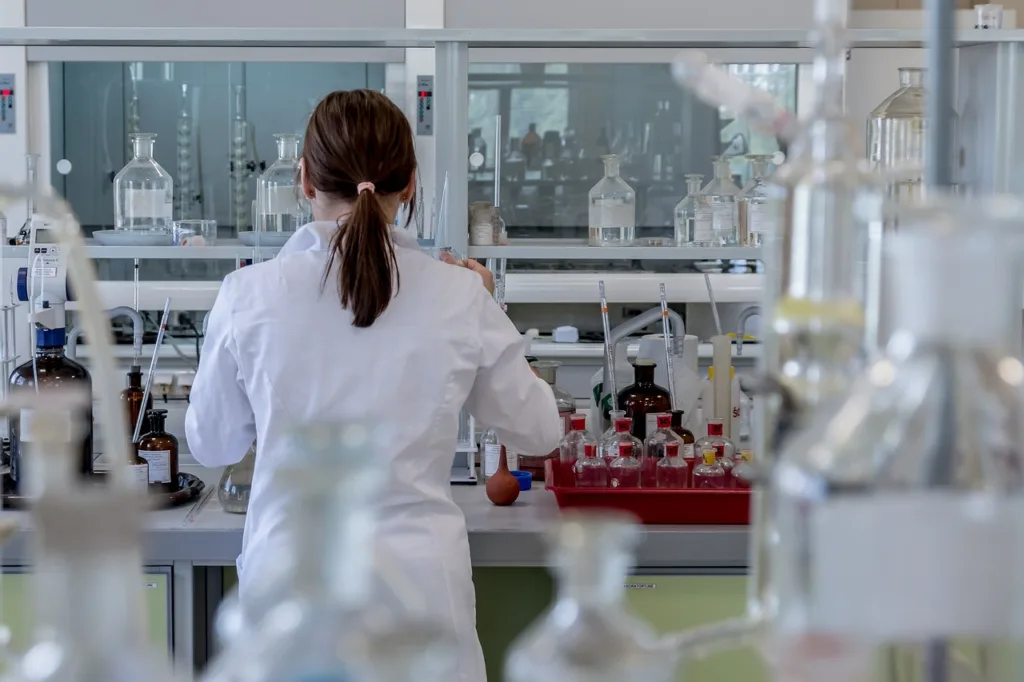Malaria, a mosquito-borne infectious disease, has been a long-standing global health concern.
While effective medications have played a crucial role in controlling the disease, the emergence of drug-resistant strains poses significant challenges to malaria management.
This article delves into the complexities of drug resistance in malaria, exploring the challenges it presents and the ongoing research initiatives aiming to address this critical issue.
The Basics of Malaria Treatment
To comprehend drug resistance, it’s essential to understand how malaria is typically treated. Antimalarial medications are used to eliminate the Plasmodium parasites causing the disease. Common drugs to avoid malaria include malarone (more information here), doxycycline, chloroquine, artemisinin-based combination therapies (ACTs), and others.
Over time, the parasites can develop resistance, rendering certain medications less effective.
- Artemisinin-based combination therapies (ACTs) have become pivotal, combining the fast-acting artemisinin with other drugs to enhance effectiveness and reduce the risk of resistance.
- However, the dynamic nature of the parasites demands ongoing research to develop and refine treatment options.
- The constant evolution of drug-resistant strains underscores the importance of a diversified approach in drug development, focusing on both improving existing therapies and discovering novel compounds to stay ahead of the ever-adapting malaria parasites.
Challenges Posed by Malaria Drug Resistance
Diminished Treatment Efficacy
The primary challenge of drug resistance is the diminished efficacy of once-reliable antimalarial drugs. This means that patients infected with drug-resistant strains may not respond adequately to standard treatments, leading to prolonged illness and increased risk of complications.
Geographic Spread of Resistance
Malaria drug resistance is not uniform; it can vary geographically. Certain regions may experience higher levels of resistance, complicating efforts to implement consistent treatment strategies. The dynamic nature of resistance patterns requires tailored approaches based on local conditions.
Proliferation of Artemisinin Resistance
Artemisinin, a key component of ACTs, is currently one of the most effective antimalarial drugs. However, the rise of artemisinin-resistant strains, particularly in Southeast Asia, is a major concern. This threatens the cornerstone of current malaria treatment regimens and necessitates urgent intervention.
Ongoing Research Initiatives
Genetic Studies to Unravel Resistance Mechanisms
Researchers are conducting genetic studies to unravel the mechanisms behind malaria drug resistance. By understanding the genetic changes in the parasites that confer resistance, scientists aim to develop targeted interventions and predict the potential spread of resistance.
Development of Novel Antimalarial Compounds
Efforts are underway to discover and develop new antimalarial compounds that are not susceptible to existing resistance mechanisms. This involves rigorous laboratory research, preclinical testing, and subsequent clinical trials to ensure the safety and efficacy of novel medications.
Surveillance Systems for Early Detection
Establishing robust surveillance systems is critical for early detection of drug-resistant malaria. Surveillance allows healthcare professionals to monitor resistance patterns, track their evolution, and adapt treatment strategies promptly.
Combination Therapies to Combat Resistance
Combination therapies, such as ACTs, have been a key strategy in malaria treatment. Ongoing research explores the development of new combination therapies to overcome resistance. By using multiple drugs with different mechanisms of action, researchers aim to create more resilient treatment regimens.
The Importance of Global Collaboration
Addressing drug resistance in malaria requires global collaboration from multiple parties, including:
- International organizations
- Governments
- Researchers
- Healthcare providers
Together, everyone must work together to share data, coordinate research efforts, and implement effective strategies for malaria control.
Community engagement and education play pivotal roles in malaria control. Empowering communities with knowledge about drug resistance, prevention measures, and early symptom recognition contributes to the overall success of control programs.
Navigating the Challenges of Malaria Drug Resistance
In conclusion, the challenges posed by drug resistance in malaria necessitate a multi-faceted and collaborative approach. Ongoing research initiatives are essential to understanding the underlying mechanisms, developing new treatments, and implementing effective surveillance systems.
Global collaboration, community engagement, and education are integral components of comprehensive malaria control strategies. As the scientific community continues its efforts to combat drug resistance, the importance of maintaining vigilance, adaptability, and a united front against this evolving threat cannot be overstated.

